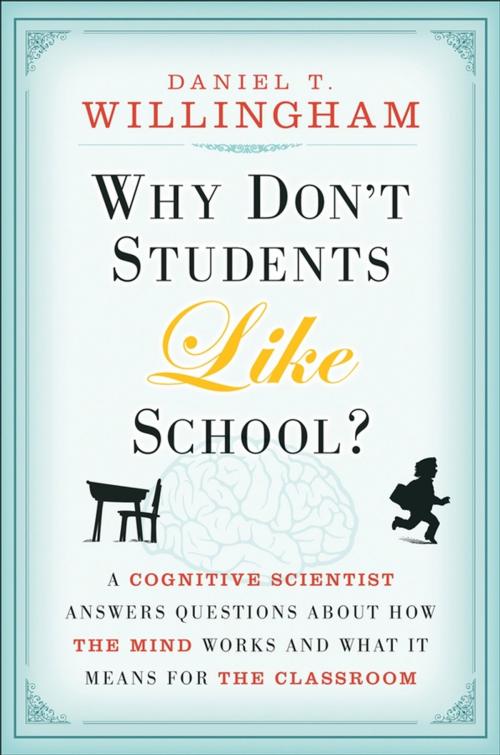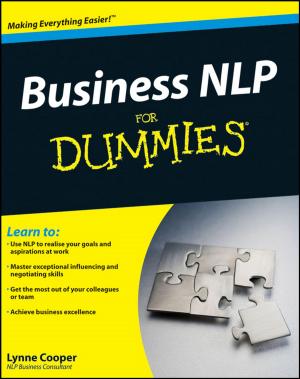Why Don't Students Like School?
A Cognitive Scientist Answers Questions About How the Mind Works and What It Means for the Classroom
Nonfiction, Reference & Language, Education & Teaching, Teaching, Teaching Methods| Author: | Daniel T. Willingham | ISBN: | 9780470730454 |
| Publisher: | Wiley | Publication: | June 10, 2009 |
| Imprint: | Wiley | Language: | English |
| Author: | Daniel T. Willingham |
| ISBN: | 9780470730454 |
| Publisher: | Wiley |
| Publication: | June 10, 2009 |
| Imprint: | Wiley |
| Language: | English |
Easy-to-apply, scientifically-based approaches for engaging students in the classroom
Cognitive scientist Dan Willingham focuses his acclaimed research on the biological and cognitive basis of learning. His book will help teachers improve their practice by explaining how they and their students think and learn. It reveals-the importance of story, emotion, memory, context, and routine in building knowledge and creating lasting learning experiences.
- Nine, easy-to-understand principles with clear applications for the classroom
- Includes surprising findings, such as that intelligence is malleable, and that you cannot develop "thinking skills" without facts
- How an understanding of the brain's workings can help teachers hone their teaching skills
"Mr. Willingham's answers apply just as well outside the classroom. Corporate trainers, marketers and, not least, parents -anyone who cares about how we learn-should find his book valuable reading."
—Wall Street Journal
Easy-to-apply, scientifically-based approaches for engaging students in the classroom
Cognitive scientist Dan Willingham focuses his acclaimed research on the biological and cognitive basis of learning. His book will help teachers improve their practice by explaining how they and their students think and learn. It reveals-the importance of story, emotion, memory, context, and routine in building knowledge and creating lasting learning experiences.
- Nine, easy-to-understand principles with clear applications for the classroom
- Includes surprising findings, such as that intelligence is malleable, and that you cannot develop "thinking skills" without facts
- How an understanding of the brain's workings can help teachers hone their teaching skills
"Mr. Willingham's answers apply just as well outside the classroom. Corporate trainers, marketers and, not least, parents -anyone who cares about how we learn-should find his book valuable reading."
—Wall Street Journal















